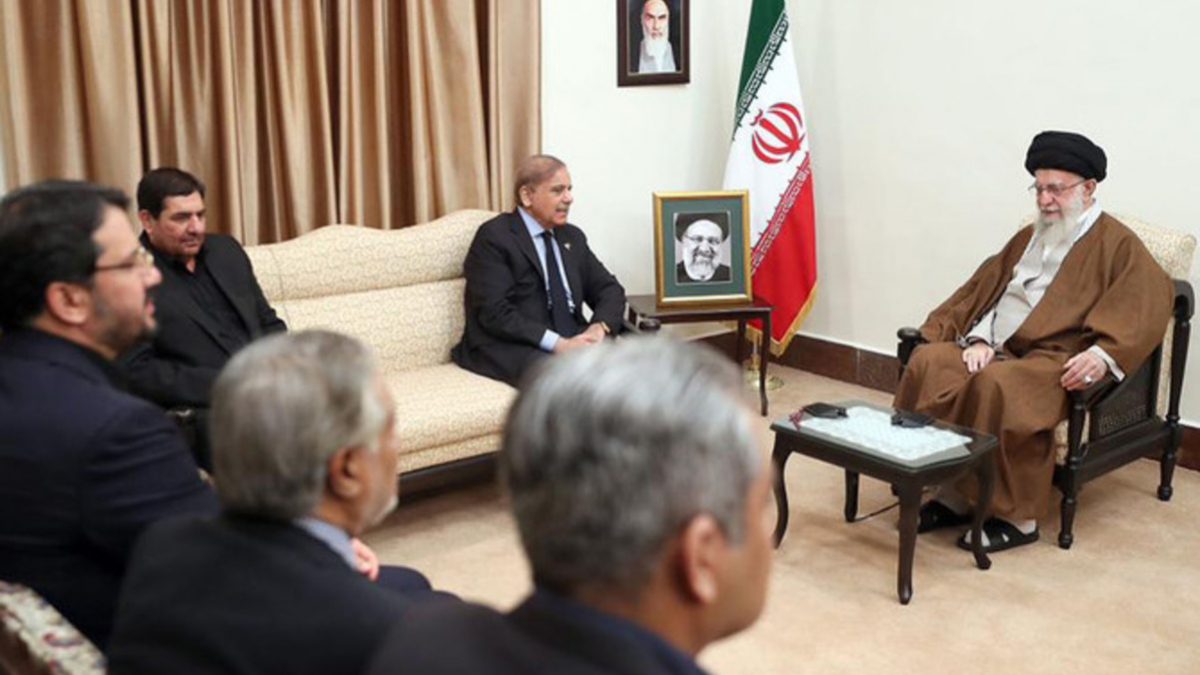A senior Iranian official has alleged that Pakistan would retaliate with a nuclear strike against Israel if Tel Aviv were to use nuclear weapons on Iran. The claim was promptly rejected by Islamabad.
“Pakistan has told us that if Israel uses a nuclear bomb on Iran, then Pakistan will also attack Israel with a nuclear bomb,” said General Mohsen Rezaei, a senior IRGC commander and member of Iran’s National Security Council, on Iranian state television.
The remarks came amid rising tensions between Iran and Israel, with both sides exchanging missile fire and issuing warnings of further escalation.
Pakistan’s Defence Minister, however, denied the statement, clarifying that no such assurance had been given.
Although Islamabad has rejected any suggestion of nuclear retaliation, it has openly expressed support for Iran in its broader confrontation with Israel. Following the attack on Tehran, Pakistan pledged to “stand behind Iran” and called on Muslim nations to unite against Israel.
On 14 June, Defence Minister Khawaja Asif told the National Assembly that the Muslim world must come together against Israel or risk suffering the same fate as Iran and Palestine.
“Israel has targeted Iran, Yemen, and Palestine. If Muslim nations don’t unite now, each will face the same fate,” Asif said.
He also urged Muslim countries with diplomatic ties to Israel to sever those relations and called on the Organisation of Islamic Cooperation (OIC) to convene a meeting and formulate a joint strategy against Israel.
Impact Shorts
More ShortsIsrael’s policy of nuclear ambiguity
Israel maintains a policy of nuclear ambiguity—neither confirming nor denying the possession of nuclear weapons. Nevertheless, it is widely believed to possess a nuclear arsenal, supported by a doctrine focused on deterrence and counter-proliferation to prevent adversaries from acquiring similar capabilities.
Iran, by contrast, insists that its nuclear programme is intended solely for peaceful purposes, such as energy production and medical research. As a signatory to the Non-Proliferation Treaty (NPT), Tehran has repeatedly claimed it does not seek nuclear weapons.
However, Western countries and the International Atomic Energy Agency (IAEA) have raised concerns over Iran’s high-level uranium enrichment, its ballistic missile programme, and its lack of full transparency in nuclear activities—suggesting possible military dimensions.
)